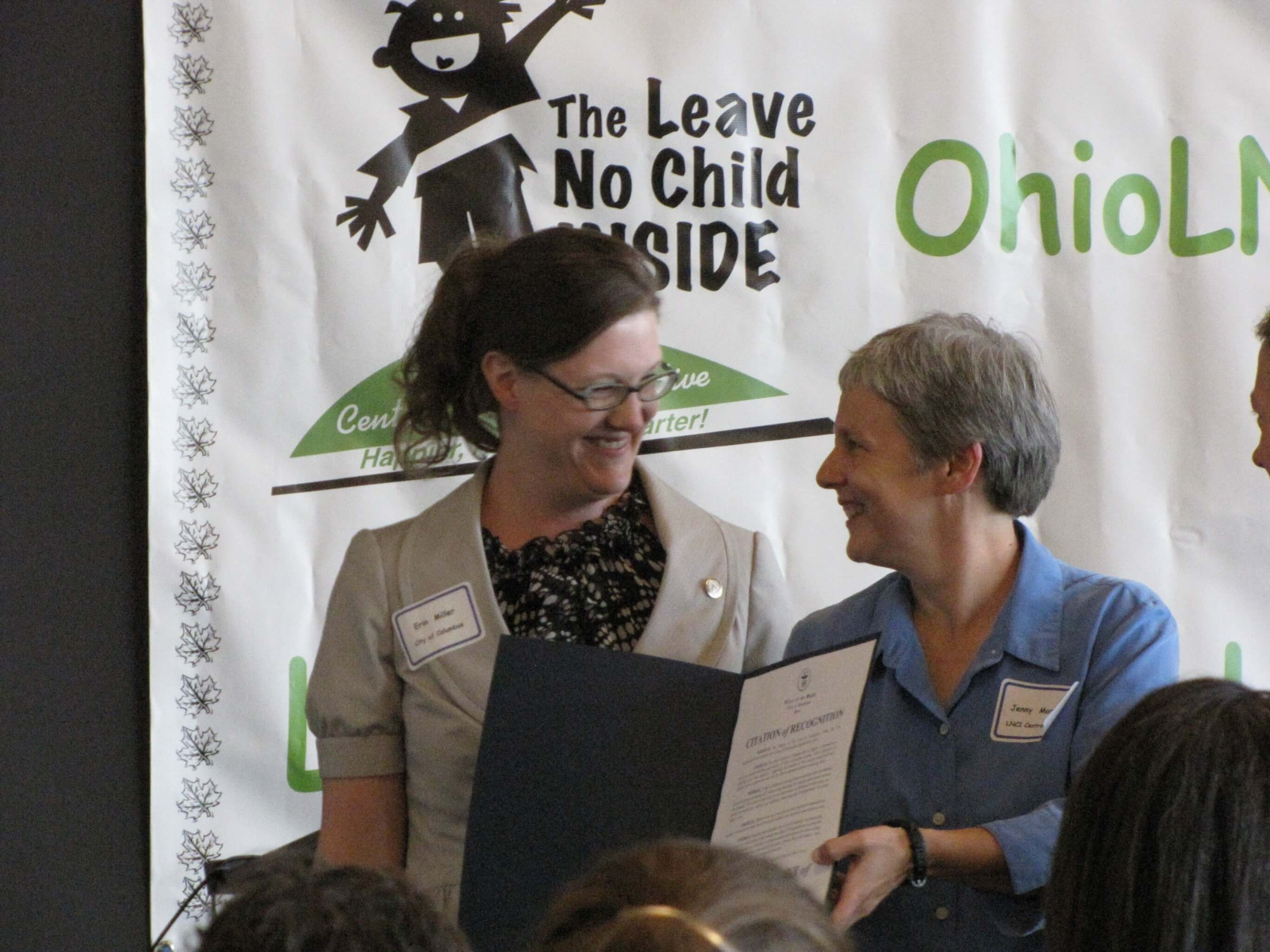Great articles in the Dispatch this week, 2 of 2:
December 13, 2009Progress on Alum Creek Trail connector
December 15, 2009Nature heals
Study: Spending time outdoors makes us better people
Sunday, December 13, 2009 3:21 AM
BY DAVE GOLOWENSKI
FOR THE COLUMBUS DISPATCH
Neither deep intuition nor profound insight is required to deduce that most people feel better about themselves and their fellow travelers after a long walk in the woods. Certainly better, at least, than they’re likely to feel after even a short drive on the freeway.
It’s not news that the freeway, being an express lane in the rat race, triggers a lot of bad behavior. The trouble with the rat race, Lily Tomlin once observed, is that the winners are still rats.
With the exception of a single increasingly rare native species, rats aren’t creatures of the Ohio woods. Neither are most Ohioans, who dwell for the most part in an artificial world cut off by concrete, metal and electricity’s fruits from a living earth and sky their ancestors knew intimately and that much of the planet’s inhabitants know still.
Does it matter? Maybe so.
Nature — whether as the real thing or in the form of symbolic reminders — apparently helps suppress the I-me-mine in the homo sapiens character and accentuate the caring qualities.
So say three scientists from the University of Rochester in upstate New York. The three, Netta Weinstein, Andrew K. Przybylski and Richard M. Ryan, recently wrote in a research journal that their studies suggest exposure to nature influences people to be more thoughtful of others and less concerned about self.
The researchers’ conclusions apply not only to birdwatchers, hikers, gardeners and landscape artists but presumably to hunters, trappers and fishermen. Attachment to nature also can include domesticated reminders of the outdoor life, including house plants, paintings, displayed photographs, gardens visible from a window, even naturescape screensavers.
“Previous studies have shown the health benefits of nature range from more rapid healing to stress reduction to improved mental performance and vitality,” Ryan said in an article posted at MSNBC.com. “Now we’ve found nature brings out more social feelings, more value for community and close relationships. People are more caring when they’re around nature.”
An abstract describing the Rochester study in a recent issue of Personality and Social Psychology Bulletin is couched in what some might term psychobabble:
“Participants immersed in natural environments reported higher valuing of intrinsic aspirations and lower valuing of extrinsic aspirations, whereas those immersed in non-natural environments reported increased valuing of extrinsic aspirations and no change of intrinsic aspirations.”
A helpful translation of the research article by P. Wesley Schultz published this month by Scientific American and bearing the headline, “The Moral Call of the Wild,” suggests that contact with nature can alter a person’s values.
“Of particular interest were responses to extrinsic life aspirations, like being financially successful or admired by many people; as contrasted with intrinsic life aspirations, like deep and enduring relationships, or working toward the betterment of society,” Schultz wrote. “The results showed that people who watched nature images scored significantly lower on extrinsic life aspirations, and significantly higher on intrinsic life aspirations. The effect was particularly strong for participants who reported being ‘immersed’ in the images.”
The results of the study seem to imply that a connection to nature boosts an individual’s inclination to cooperate rather than to compete, to value doing good instead of merely looking good.
Observers of American society have noted the increasing tendency of people to seek respite in recent decades from the grind of a highly competitive culture through an increased devotion to incendiary, blood-curdling entertainment and through the rise in celebrity worship.
That drift away from nature, Schultz wrote, could help explain what many find so troubling about a nation’s values that seem epochally distant from those that existed just a generation or two ago.
“These results may help explain,” Schultz wrote, “the increase in aspirations for fame, wealth, power, achievement, and other self-enhancing values in Western society and predict that this trend is likely to continue.”
outdoors@dispatch.com

